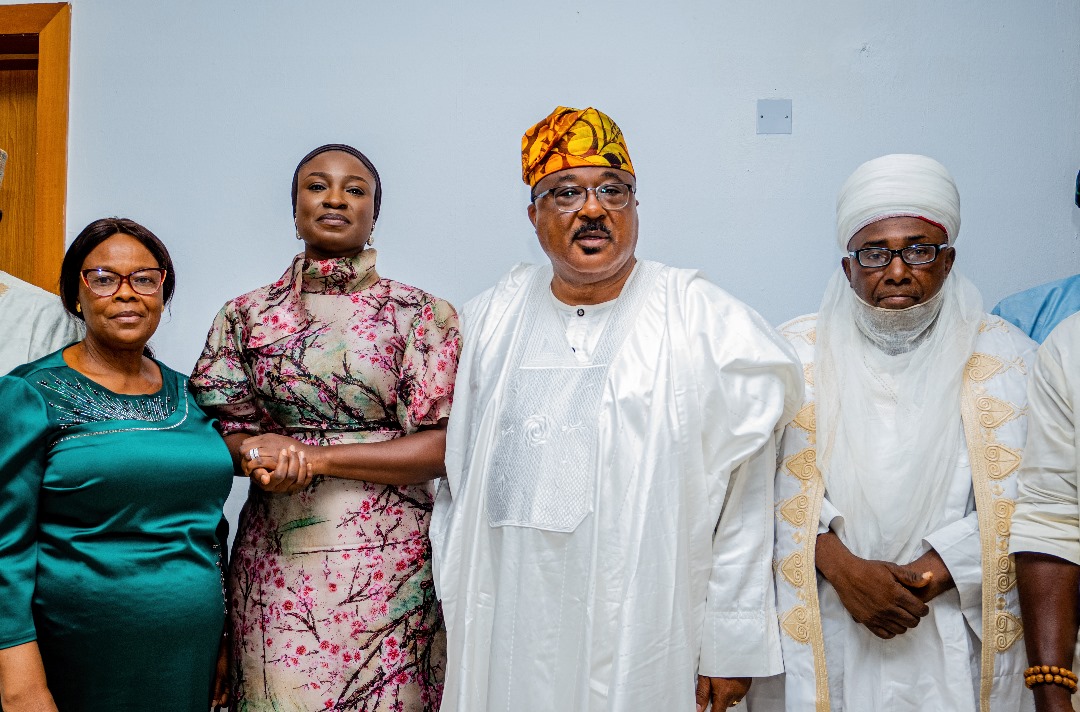
The Kwara State Government has met with relevant stakeholders and the State Working Committee on food security for the purpose of stepping up agricultural production capacity in the state.
The meeting is part of the move to deliberate on the strategy to improve the food production, strengthening the capacity of farmers and development of the agricultural sector of the state.
The State Governor, Mallam AbdulRahman AbdulRazaq, while addressing the committee, said the essence of the State Working Committee on food security is to bolster agricultural productivity as well as food security in the state.
The Governor, who was represented by his Deputy, Mr. Kayode Alabi stressed the responsibilities of the committee to formulate policies, capacity building, research and innovation, collaboration and partnership, and also, monitoring and evaluation of farmers.
He further encouraged the Committee to embrace all the responsibilities wholeheartedly with a view to transforming the challenges into opportunities for a prosperous and food secured state.
In her remarks, the State Commissioner for Agriculture and Rural Development, Mrs. Oloruntoyosi Thomas explained that the National Agricultural Growth Scheme (NAGS) is to build the resilience of the small scale holder farmers through increasing access to inputs, food, and nutrition security.
“The food security working committee has been designed for proper execution of the objectives of NAGS-AP. NAGS-AP is a project of African Development Bank, and it has put together a good model and identified stakeholders such as input partners, the state government, agro dealers, and farmers.
“All these partners have been engaged in one way or the other. Therefore, our main role is to select real farmers for the programme that will properly sensitize the farmers on the model in place”, the Commissioner disclosed.
According to her, Kwara State is considered for maize, rice, and cassava.
“The state has been given 3600 hectares. As a committee, our role is to monitor and ensure that things are done according to the guidelines provided by the African Development Bank (AfDB)”, she added.
Mrs. Thomas further stressed that the selection of the real farmers would ensure that farmers give back to the government what they were supposed to give out upon harvest.
In his contribution, the representative of the traditional council, Alhaji Dr. Abdullahi Aliyu, who is also the Etsu of Tsaragi, expressed his delight for the programme, adding that majority of the traditional rulers are farmers and will lead by example.
He assured that traditional rulers would support the state government efforts in reducing unemployment among the youths by ensuring the success of the programme in the state.
